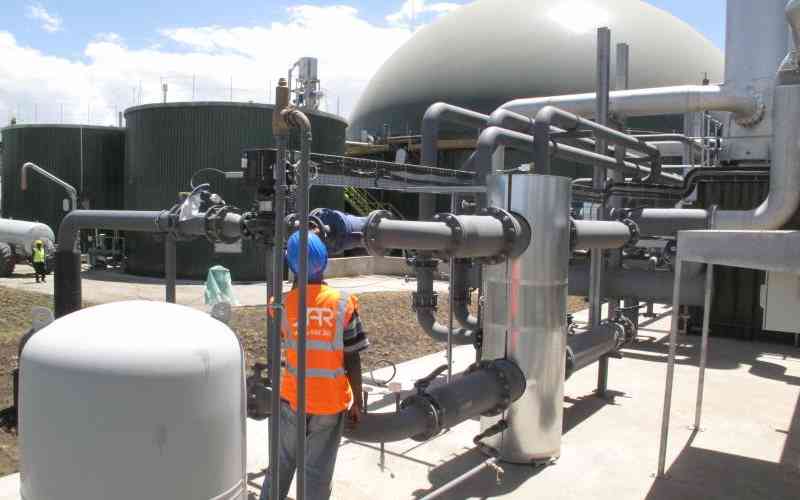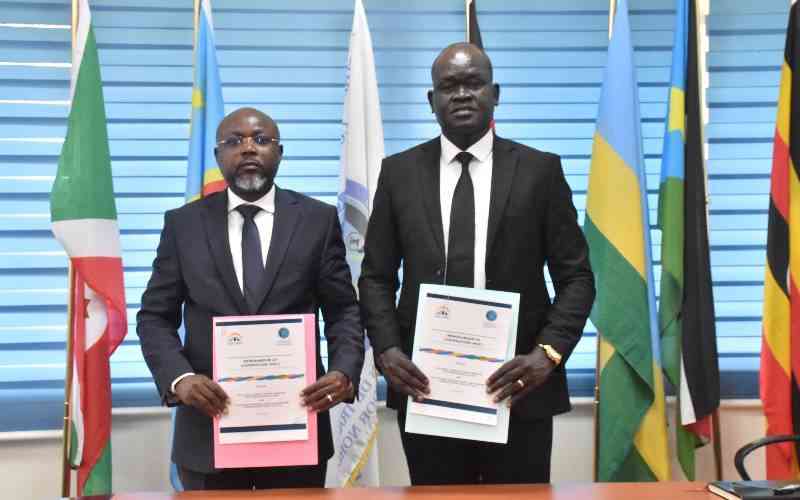×
The Standard e-Paper
Smart Minds Choose Us
Women engineers have been challenged to provide solutions in post-Covid economic recovery despite their fewer numbers in the profession.
This was said at the Women Engineers Summit, held on the sidelines of the Institute of Engineers of Kenya (IEK) international conference that runs till Friday at PrideInn Paradise Beach Hotel, Mombasa.







